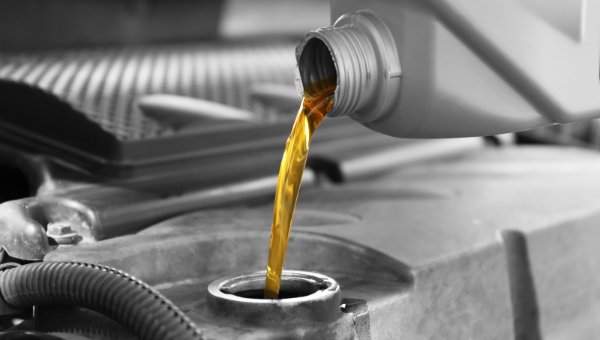
The key is to avoid that flashing dashboard light
Sharply rising land tax bills have seen many automotive business owners sell up and move out of local communities.
I’m often asked if it’s really necessary to change the engine oil in cars if the oil light isn’t coming on.
It’s a long story but, notwithstanding the brakes on a car, engine oil is the very next thing that needs your attention
Oil in a car’s engine has a number of functions, but principally it’s one of lubrication. If bits of metal in the engine rubbed together all day without this protective lubricative coating, well, you probably wouldn’t even get home.
Almost all oils degenerate over time, especially if they’re working hard in an engine. This leads to a lessening of its protective capabilities and, as it breaks down, it can’t wrap around the parts to protect them.
The thickness (viscosity) of the oil recommended for your engine is critical. Don’t take a short cut by putting the wrong oil in because it’s cheaper. It could cost you dearly.
Engine designers and lubricants developers spend a lot of time carefully matching the correct oil to your engine, then test and validate their findings. You should pay attention to their advice.
Different engines take differently coded engine oils. Read your car’s handbook and stick with the recommended oil, replacing it according to the handbook service advice.
If you’re not sure, pop round to a trusted service centre and ask them to check the oil and, if needed, replace it. It’s a wise investment, your engine – and your hip pocket – will thank you in the long run.
Words: VACC CEO, Geoff Gwilym. As featured in the Herald Sun 22 November 2019.
Share your thoughts! E: ceo@vacc.com.au